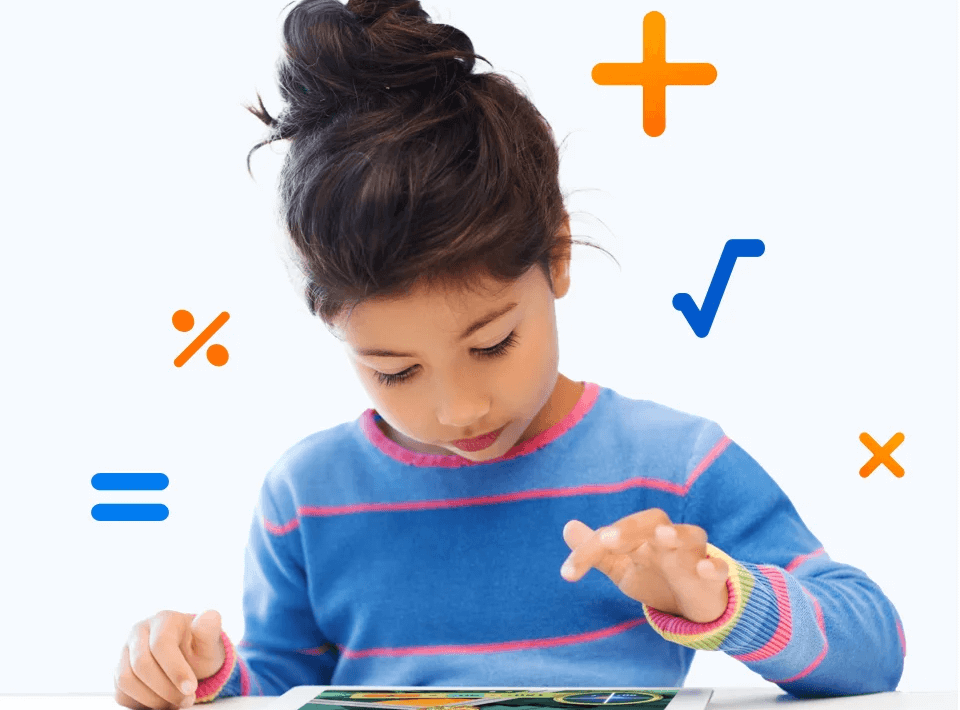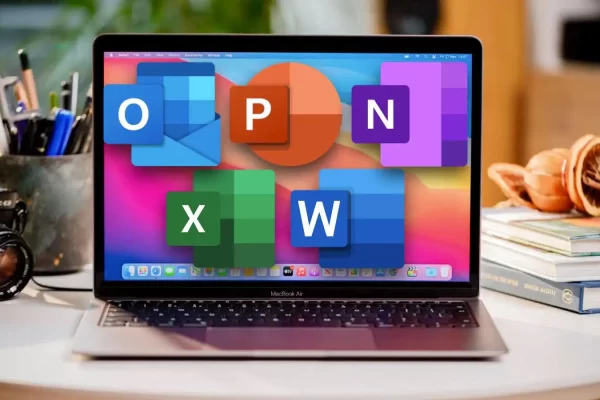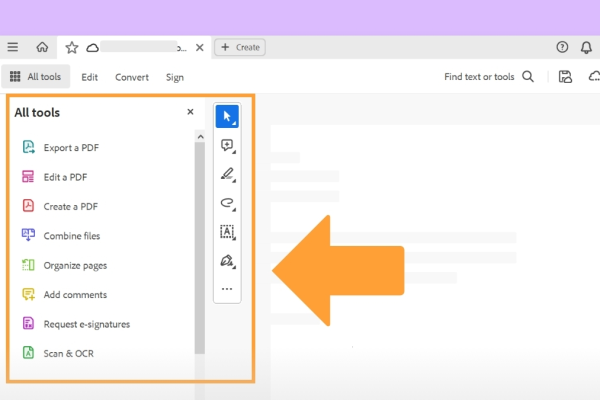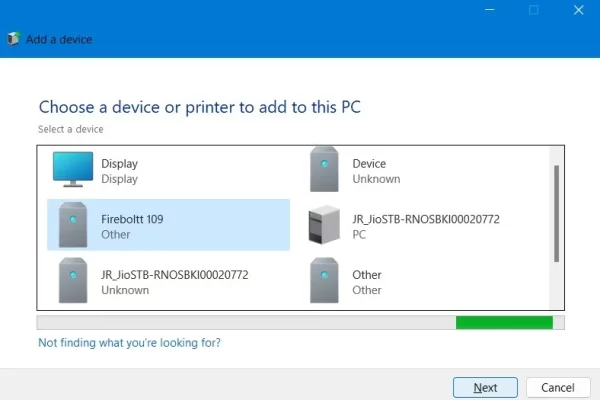Is your child finding it difficult to score well in their Class 3 Maths Exam? There can be many reasons underlying unsatisfactory results in a student’s Mathematics exam. A lot of students often face difficulty in understanding the concepts as quickly as others and this can result in an inability to score good marks in their exam. However, we are here to reassure you that there is no need for parents to worry about their students scoring well in Class 3 Maths. This article is meant to provide some simple tips and tricks that can help students in study Class 3 math be able to grasp the fundamentals taught in Mathematics, making it easier for them to study and score good marks in their exams.
What is taught in Class 3 Math? Why is it important?
The syllabus for Class 3 Mathematics provided by the Central Board of Secondary Education (CBSE) includes various basic topics that are meant to provide students with an understanding of the fundamental concepts. The complexity of the Class 3 Maths syllabus is set to be very low so that students can easily understand all concepts and be able to build a strong base easily. This is important since building a strong base will help the students avoid any difficulties in the mathematics concepts taught in higher classes.
Here is the syllabus for class 3 Maths provided by CBSE:
- Chapter 1 – Where to Look From
- Chapter 2 – Fun With Numbers
- Chapter 3 – Give and Take
- Chapter 4 – Long and Short
- Chapter 5 – Shapes and Designs
- Chapter 6 – Fun With Give and Take
- Chapter 7 – Time Goes On
- Chapter 8 – Who is Heavier?
- Chapter 9 – How Many Times?
- Chapter 10 – Play With Patterns
- Chapter 11 – Jugs and Mugs
- Chapter 12 – Can We Share?
- Chapter 13 – Smart Charts!
- Chapter 14 – Rupees and Paise
All of these 14 chapters have been included in the syllabus for Class 3 Maths by CBSE after proper consideration of the importance held by them in every student’s life. The concepts that are covered in these chapters include the uses of the basic functions that include addition, subtraction, multiplication, and division. These are also other concepts like money, weight comparison, understanding patterns, various shapes, etc. All of these are important for students to learn since these concepts are very useful in our everyday lives. The sooner the students can learn and understand them, the easier it can be for them to be able to perform various actions in their lives on their own. If you’re looking for effective third grade math lessons to help your child excel in class, be sure to check out our simple tips for studying class 3 math.
Tips to easily study and score well in Class 3 Mathematics
- Latest Syllabus & Study Material
Firstly, it is important to have the correct and latest syllabus and the right study material. We have provided the syllabus for Class 3 Mathematics above and all of these 14 chapters have been covered in the NCERT Book Class 3 Maths. The books provided by the National Council of Educational Research and Training (NCERT) have been prescribed by CBSE for Class 3 Maths as these books strictly adhere to the syllabus with detailed practise on each topic. So, in order for students to be well versed with the Class 3 Maths topics, it is important that they study from the NCERT Books Class 3 Maths.
- Real-Life Application
It is crucial for third graders to be able to understand the applications of the mathematical functions and concepts being taught through the NCERT books for Class 3 Maths. Once they grasp these concepts, their understanding can be improved by placing them in everyday situations where they are required to use functions like addition, multiplications, fractioning, etc. For example, ask them to convert the money value of the vegetables that have been bought from rupees into paise or vice versa. Other opportunities can be counting the words that they read on a page, or equally dividing the blocks of a bar of chocolate, etc.
- Solving Word Problems
Mathematical word problems are an important part of the curriculum designed for students in class 3. The NCERT Books for Class 3 Maths provide a variety of word problems for each chapter and topic to help students improve their understanding of the mathematical functions and their usage in various situations. Solving mathematical word problems is also crucial to help build students’ logical reasoning. Students can be made to solve word problems not just from the NCERT books for Class 3 Maths but also simple problems based on situations they come across in real life. Parents can discuss daily activities as math problems and encourage students to solve them on their own. Maths can also be included in the student’s activity of interest to help them learn better.
- Revision Of Topics
Regular revisions are a crucial part of an efficient study process. To help third graders retain and remember everything they study as a part of the study Class 3 Math syllabus, it is important for them to revise all the topics that are covered in school every day. Parents must ensure that they help students make it a habit to revise every mathematical concept covered in school on a daily basis. This will not only help improve their memory but all the understanding of the various topics that are a part of the NCERT Books for study Class 3 Math. The habit of regularly revising will continue to be helpful for the students throughout their educational journey.
- Practise Worksheets
Practising the usage of mathematical functions and concepts is important to help students study and learn in a better way. There are a big number of sources available online that provide worksheets for practising Class 3 Math. Both teachers and parents can provide students with such worksheets to help them practise in a more interesting way and not simply learn only from the books. These worksheets can be reused for more practise and also be helpful in a revision of the various topics taught in school as a part of the study Class 3 Math syllabus.





